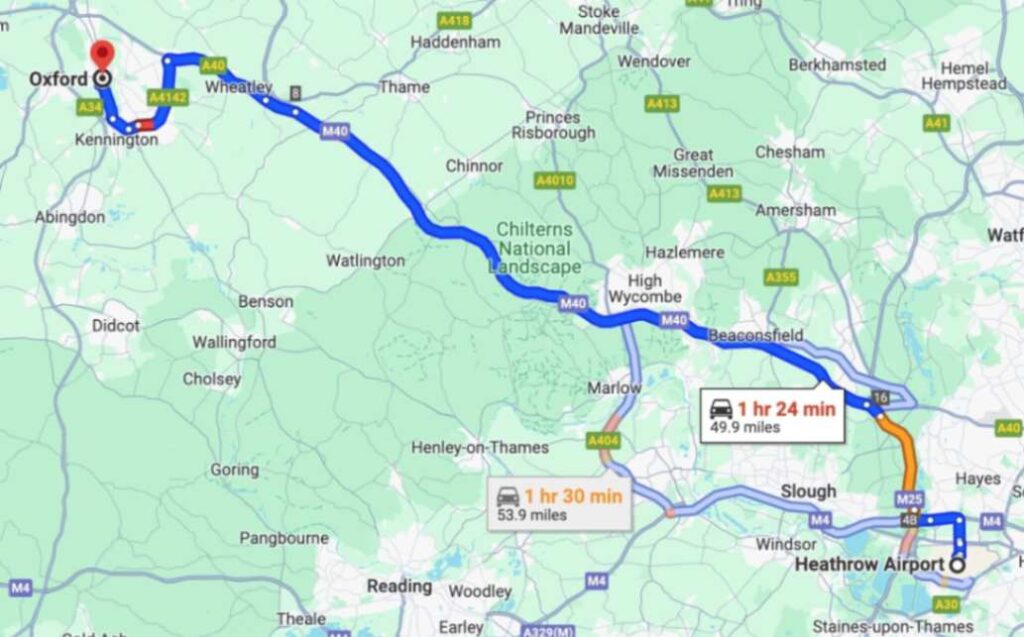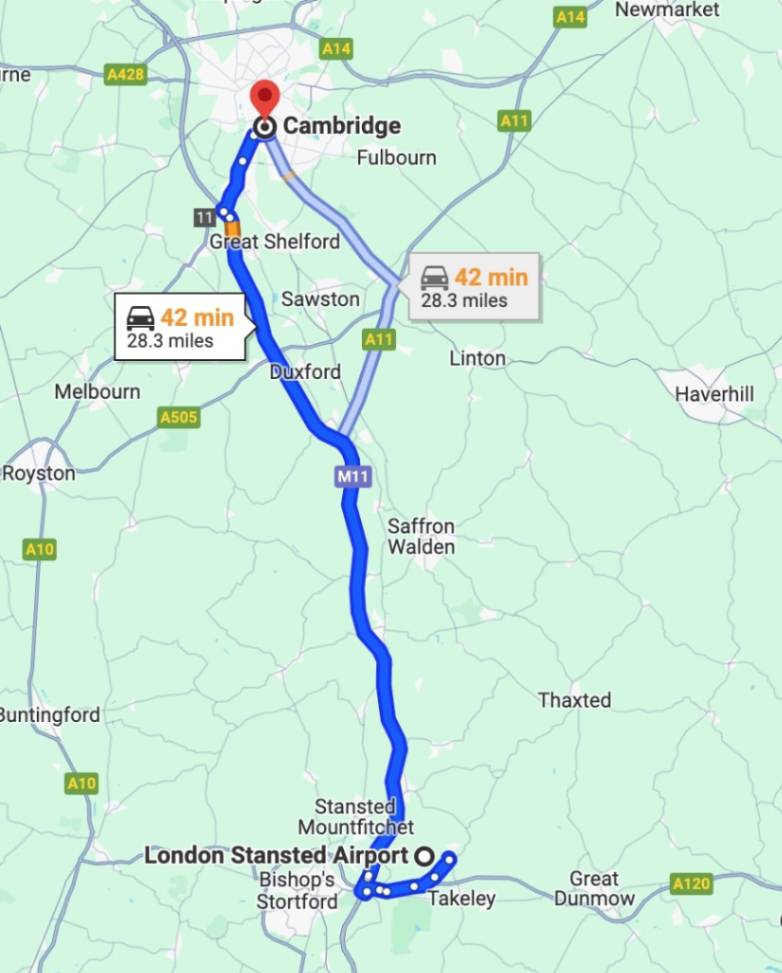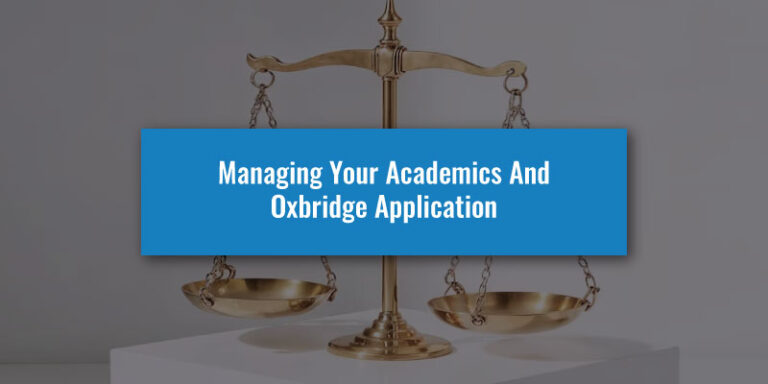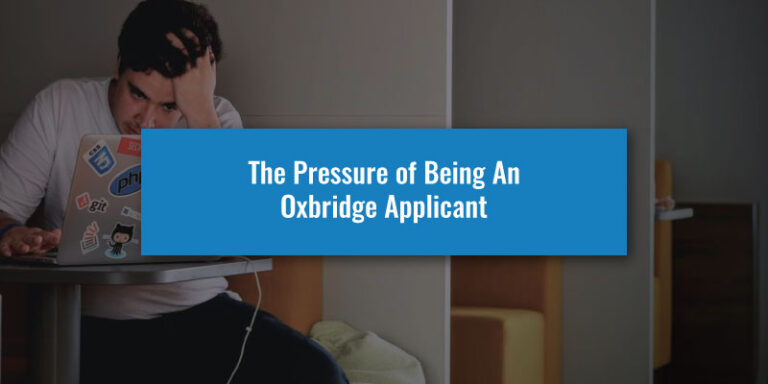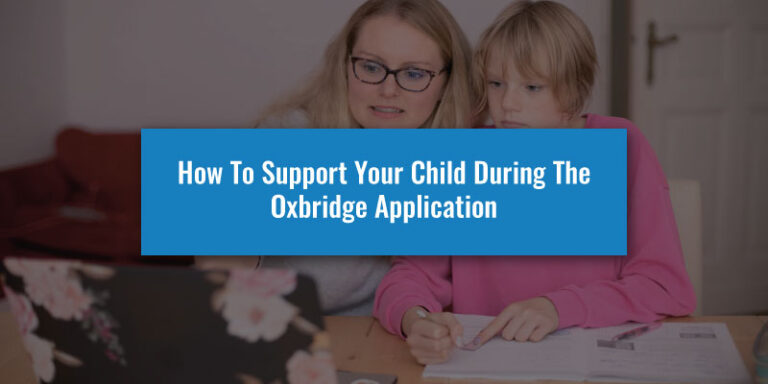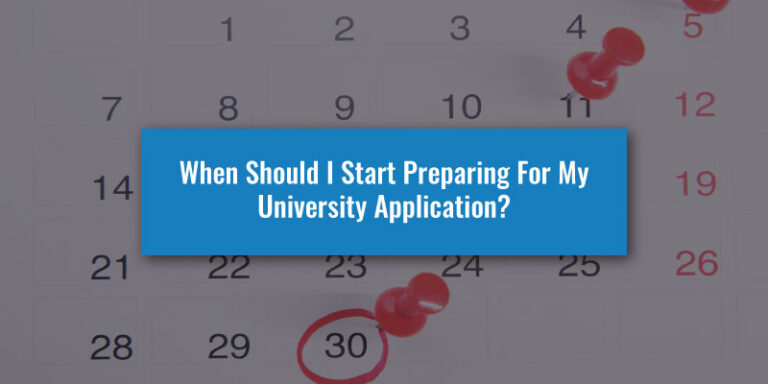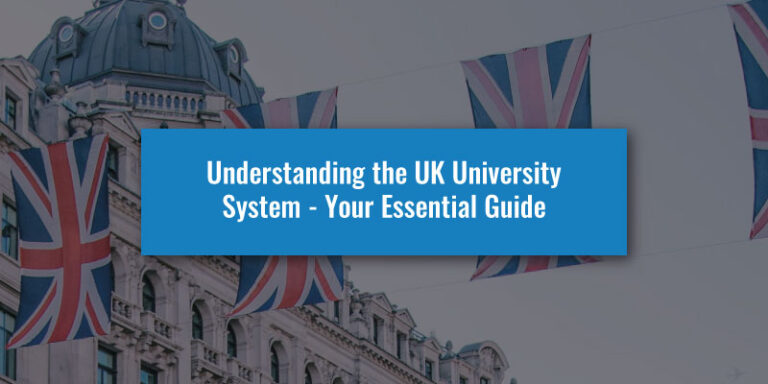
When it comes to universities across the globe, there are few examples more famous than the University of Oxford and the University of Cambridge. Each year, tens of thousands of students apply, but only a select few get their offer, making them two of the most competitive universities in the world as well.
We’ll be hearing from Logan throughout this guide, who is a US citizen who earned his place studying PPE at Oxford. His experiences will offer first-hand information about how to navigate the process.

Logan
Oxford PPE Student
Should You Apply To Oxbridge From America?
You may not be sure if you want to apply to Oxbridge or travel to the UK to study. If you’re on the fence, ask the following questions to yourself:
- Do I want to go to university?
- What subject interests me?
- What career do I want in the future?
- Where do I want to study? (Both college and country)
- What teaching style suits me?
- Can I really get in to university/college?
Challenges of Applying To Oxbridge From the USA
Acceptance Rates
Acceptance rates at Oxbridge are among the lowest globally (Oxford – 13.9%, Cambridge – 16.6%), primarily due to the high volume of applications—each university receives over 20,000 undergraduate applications annually—and the competitiveness of these applicants. The success rates for international students are even lower, with only 7.6% of applicants accepted at Oxford and 10.9% at Cambridge in 2023.
Looking specifically at US applicants, we can see that the success rates are actually even worse. Over the past three years at Oxford, just 5.9% of applicants from America were accepted onto their course – 164 out of 2,774 applicants. At Cambridge, the USA was one of the worst-performing recorded countries in 2023, with only 60 out of 482 applicants being successful – just 6.6%.
The USA is one of the top countries based on the number of applicants, so these acceptance rates show that your competition will be really tough. You’ll need to be within the top 5% of applicants in the country to get your offer, which is no easy task.
Application Process
Given the competitiveness of Oxbridge, the application process is more detailed and demands extra effort. In addition to the standard application form, most applicants need to take a specialised admissions test for certain subjects and attend interviews before offers are made.
Cultural Differences
Fees
If you’re planning to study in the UK, be aware that tuition fees for studying at university tend to be much higher than what you would pay at home, not including the additional costs of travel and accommodation.
At Oxford, annual fees range from approximately $39,000 (£30,050) to $63,250 (£48,620) per year, while Cambridge charges between $33,500 (£25,734) and $87,400 (£67,194) per year.

Benefits of Applying To Oxbridge
World-Class Teaching
The Oxbridge Experience
This goes beyond just the teaching style; it encompasses everything from the architecture and housing to the dining options and social gatherings. The experience at Oxbridge is truly unique, and you’re likely to cherish your time there for years to come.
Graduate Prospects
Why Apply In The UK Over the USA?
While we’ve said a lot about how famous Oxbridge is, it’s also true that the USA is home to many equally iconic universities, the Ivy League. We’ve written a whole guide comparing the Oxbridge and Ivy League universities, so we won’t go too in-depth here.
However, the benefits of applying to home universities can’t be understated. Applying in the US will be easier than applying abroad as you will have more support, and your chances of getting your place will be much higher. You will also have easier transport and cheaper fees, and if you get into an Ivy League university, you’ll be receiving a world-class education on par with Oxbridge. So why go to the UK?
You might be eager to explore new places, feel that the home universities don’t meet your needs, or want to build professional connections in the UK. Whatever your reason, it’s essential to choose your university based on your personal goals and desires, rather than societal expectations or reputation alone.

When deciding between Oxbridge and other UK universities, it’s clear why you might choose Oxford or Cambridge. The prestige, exceptional teaching, and distinctive experience together create a university journey that stands apart from the rest. Although not everyone will get the opportunity, visiting the UK to see the universities is a unique experience that could be the thing that makes up your mind.

If all of that sounds appealing and you’re prepared to tackle the challenges of the application process, applying to Oxbridge will be a great choice. Regardless of whether you secure a spot, you’ll have the satisfaction of knowing you gave it your all and built an incredible application.
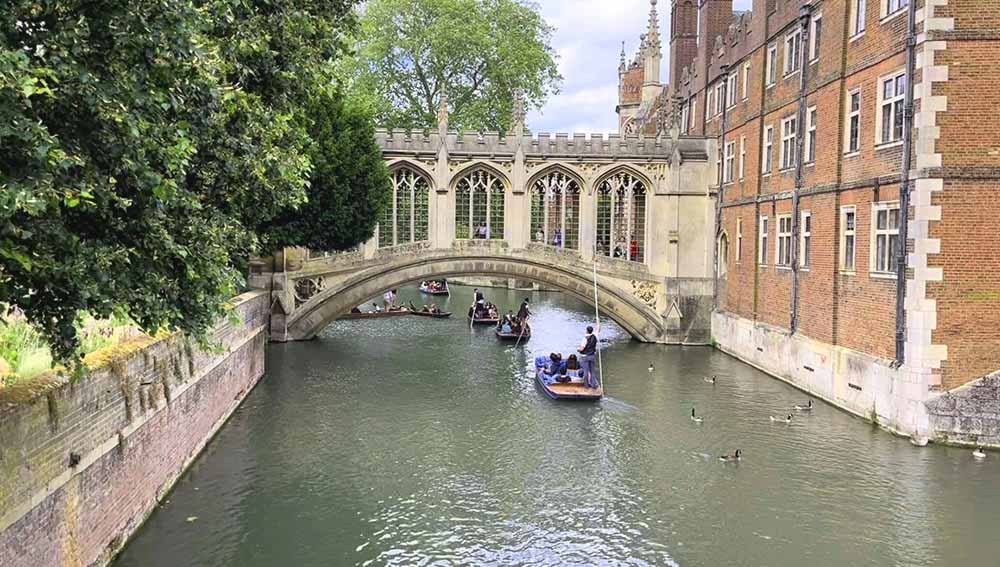
No matter where you are in the world, UniAdmissions will help you get into Oxbridge
Our Full-Blue Programmes are designed for anyone committed to securing an offer from Oxford or Cambridge, regardless of their background. Students gain access to all the resources necessary to prepare for each stage of the admissions process.
This includes unlimited one-to-one tutoring, extensive preparation materials, live courses, unlimited Personal Statement and essay feedback, and much more. Our support is tailored to meet your individual needs, ensuring you get the most out of the programme.
Discover our Full-Blue Programme by clicking the button below to learn how you can enrol and triple your chances of success.
Getting Into Oxbridge From The USA - First Steps
Before you can start applying, there are various things you’ll need to consider and research to get a full understanding of what you’re getting yourself into. Here are some of the most important things to be prepared for:
Choosing Your Degree
We have a dedicated guide covering the differences between university applications in the USA and UK, but the process of choosing your degree is one of the biggest differences to be aware of.
Unlike in the USA, UK universities do not admit students for general study but instead require applicants to apply for specific degrees that they will study throughout their entire course. There will be no opportunity to try out different classes when you get to the university, so you’ll have to confirm what you want to study before submitting your application.
That requires you to have a deep level of interest in your chosen subject, as you’ll be committing to it for at least three years should you be accepted. This is especially important when applying to Oxford or Cambridge because they seek applicants who have the highest academic potential and are the most enthusiastic to study.
Even if you know what you want to study, it’s also important to check the course pages to ensure it seems right for you. These pages will detail the course structure, modules, entry requirements and much more, so you will have a better sense of what your time at the university will look like.

Oxford or Cambridge?
You’ll need to make a choice regardless, as UCAS has a rule preventing applicants from applying to both Oxford and Cambridge in the same application cycle (more on that later).
Alternative Choices
College Selection
When considering your college options, think about the following things:
- Location
- Accommodation
- Subjects covered (not every college accepts applicants from every course)
- Values/Traditions

Our guides to Oxford Colleges and Cambridge Colleges offer a perfect starting point for your own research to help you find your perfect college:

Application Support
Finally, let’s explore the support options available to you. It’s essential to remember that you don’t have to navigate this process alone, and given the numerous steps involved, seeking assistance for specific aspects is likely necessary.
School Support

Not every applicant will be fortunate enough to receive this level of support from their school, but that doesn’t mean you won’t have an opportunity.
External Support
If you require more tailored support for Oxbridge, there are numerous options at your disposal. These include free resources such as videos and online guides, as well as paid options like books, courses, and personalised tuition.
Now that we’ve covered all the initial preparation for your application, it’s time to dive into the actual process!
Applying From America - UCAS Applications
The University and Colleges Admissions Service (UCAS) forms the foundation of all university applications in the UK and is required to be able to apply. As we said before, applying to university in the UK is very different than in the US. This is because of UCAS, which is a centralised university application system that manages many key components of university applications, such as personal information forms, educational history, references and the Personal Statement.
UCAS Pros
- You’ll only need to provide your personal details and education history once.
- It's a digital system, so you can make amendments when needed until the submission deadline.
- The process can be completed at any time of day and from anywhere in the world.
UCAS Cons
- Your application won't be personalised for each university you apply for.
- You can only apply to five universities per year.
- You need access to a computer/phone with a stable internet connection to work on your application.
Your UCAS application costs $36 (£27.50), which covers all of the application services offered. In 2025, this fee will go up to $37 (£28.50).

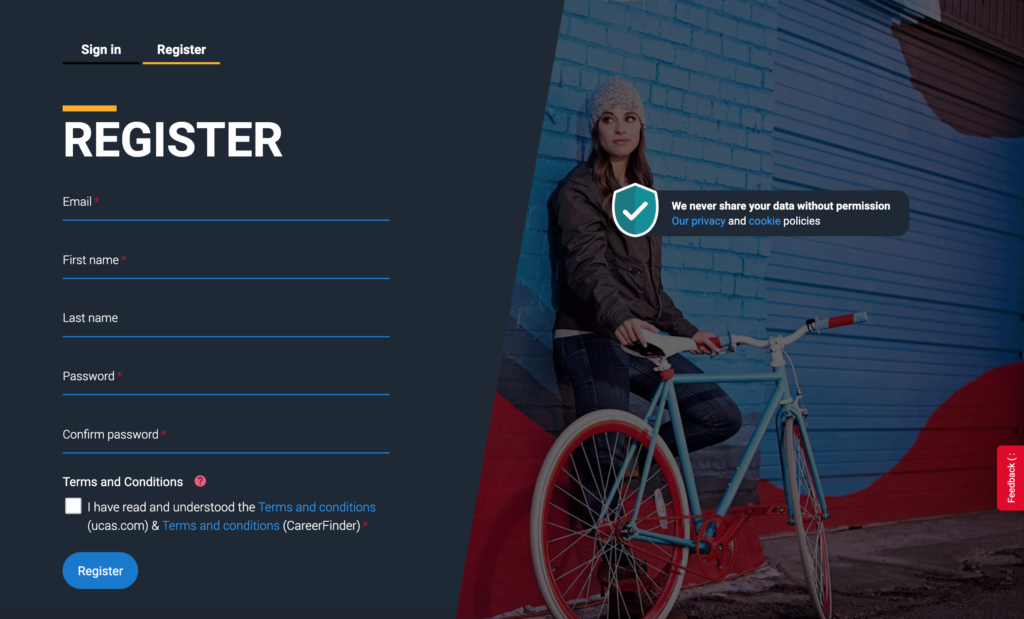
UCAS Reference
As mentioned earlier, your application will need to include an academic reference. A teacher or faculty member will be required to respond to three questions about your academic performance and skills. Look for someone at your school who is knowledgeable about providing UCAS references, and don’t hesitate to ask for their assistance. One of the questions addresses any special circumstances that may impact your application, so it’s essential to share any pertinent information with your referees.

Applying From The USA - Personal Statement
- Why do you want to study this course or subject?
- How have your qualifications and studies helped you to prepare for this course or subject?
- What else have you done to prepare outside of education, and why are these experiences useful?
Another key difference between US and UK Personal Statements is the expected content. While American colleges like applicants to write about themselves in a holistic manner, UK universities are much more interested in academics. This means that the majority of your statement needs to be related to your subject.
As mentioned, popular talking points include how you like to work at school, any work experience or super-curricular activities you’ve done, how you’ve engaged with topics you’re interested in and general motivations for wanting to study. All of this needs to tie into your chosen degree, so more personal stories that aren’t as relevant should be left out, no matter how significant they may be.
We would highly recommend reading some example Personal Statements for inspiration, especially from successful Oxbridge applicants. You can discover our collection below, which covers a wide range of subjects from both universities (keep in mind that these statements were written in the previous format for UCAS Personal Statements and do not match the current structure):

While Personal Statements are an important part of your UCAS application, Oxford and Cambridge don’t place as much emphasis on them in their decision-making process. This is because they employ alternative methods to evaluate a candidate’s potential, which they deem more important. Nonetheless, you should still put in the effort, as your statement will be reviewed by all the universities to which you apply.
Access "The Big Book Of Oxbridge Applications" For FREE
If you want to get into Oxford or Cambridge from the USA, you need to be prepared for everything required of you. Download The Big Book Of Oxbridge Applications for free now to learn about the entire process through over 350 pages, where you’ll find:
- Over 40 admissions test practice questions
- 28 example Oxbridge Personal Statements
- Interviews with Oxbridge students and graduates
- Additional downloadable resources
Fill in your details below to claim your digital copy today!
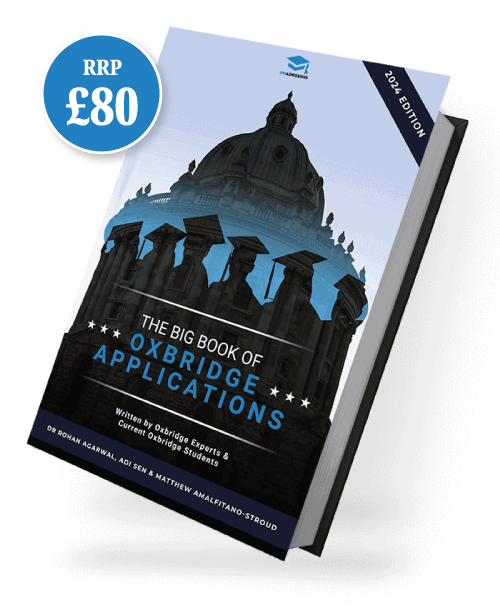
Getting Into Oxbridge From The USA - Oxbridge Admissions Tests
As we just mentioned, Oxford and Cambridge have extra application requirements that are managed outside of the online UCAS portal. One of these is the admissions tests, which are intended to showcase your academic potential in a more specialised way than just grades.
The two universities use a wide range of admissions tests, including:
Oxford Admissions Tests
- Mathematics Admissions Test (MAT): Required for Mathematics and Computer Science (and joint courses)
- Physics Admissions Test (PAT): Required for Physics, Engineering and Material Sciences
- Thinking Skills Assessment (TSA): Required for PPE, Economics & Management, PPL and more
- Biomedical Sciences Admissions Test (BMSAT): Required for Biomedical Sciences
- Ancient History and Classical Archaeology Admissions Test (AHCAAT): Required for Classical Archaeology and Ancient History
- History Admissions Test (HAT): Required for History (and course variants)
- Modern Languages Admissions Test (MLAT): Required for Modern Languages and European & Middle Eastern Languages (and joint courses)
- Classics Admissions Test (CAT): Required for Classics (and joint courses)
- Philosophy Test (PhilAT): Required for Philosophy & Theology
Cambridge Admissions Tests
- Engineering and Science Admissions Test (ESAT): Required for Natural Sciences, Engineering, Veterinary Medicine and Chemical Engineering & Biotechnology
- Test of Mathematics for University Admissions (TMUA): Required for Computer Science and Economics
- History Admissions Assessment (HAA): Required for History (and course variants)
- Modern and Medieval Languages Admissions Assessment (MMLAA): Required for Modern & Medieval Languages and Asian & Middle Eastern Studies (and joint courses)
- English Admissions Assessment (EAA): Required for English
- Classics Admissions Assessment (CAA): Required for Classics
- Linguistics Admissions Assessment (LAA): Required for Linguistics (and joint courses)
- Philosophy Admissions Assessment (PAA); Required for Philosophy (and joint courses)
Oxford & Cambridge Admissions Tests
What Are The Oxbridge Admissions Tests?
How Do I Register For My Admissions Test?
In North America, there are over 100 testing centres available, with most states housing multiple across major cities.
What Score Do I Need On My Admissions Test?
Preparing For Your Admissions Test

Anyone who doesn’t speak English as a first language will also need to complete an English Language Proficiency test, which you can learn more about in our guide here.
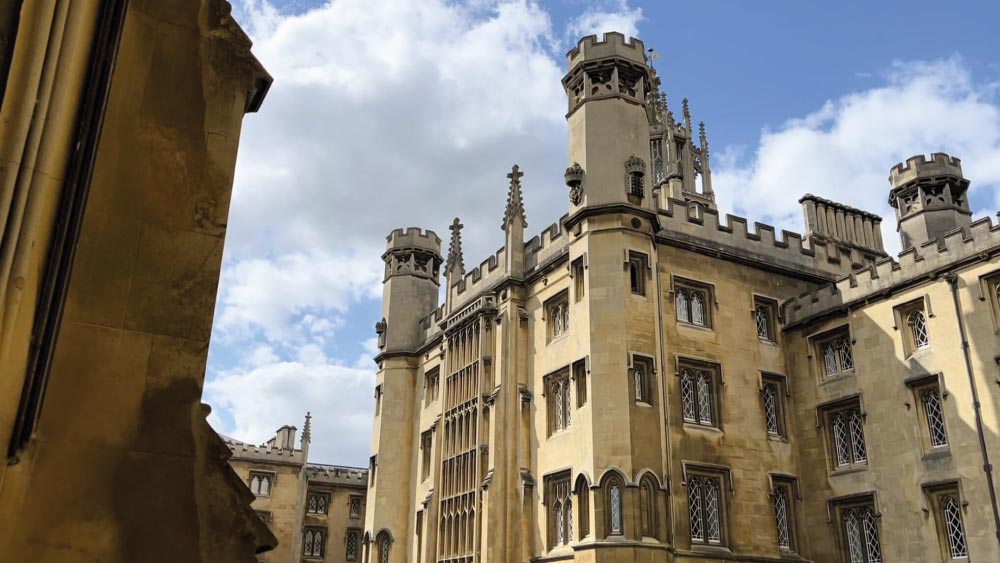
Additional Oxbridge Requirements
As well as your admissions test, there are two additional requirements that you may need to complete for your application.
Written Work
All written work submissions must be submitted digitally, so if you have handwritten pieces, they’ll need to be scanned and uploaded. You can find more information about written work requirements, including which courses require it, in the Oxbridge Written Work Guide.
My Cambridge Application
The My Cambridge Application (MyCApp) is specifically required for undergraduate applicants to Cambridge and acts as an additional application form unique to the university. You will need to supply the same information as in your UCAS application, so make sure that all details are consistent across both forms.
The MyCApp also provides applicants with the opportunity to submit a separate Personal Statement specifically for Cambridge, although it is not required. Completing this statement is strongly advised, as it allows you to articulate your reasons for wanting to be admitted to Cambridge. With a limit of just 1,000 characters, careful planning is essential to include all the key points.
The MyCApp costs $78 (£60) to submit for all applicants outside of the UK or Ireland. The form needs to be submitted by October 22nd 2025 at the latest.
We support Oxbridge applicants from all over the world to get their Oxbridge offer
At UniAdmissions, we are specialists in getting applicants from across the globe into Oxbridge, Imperial College London, UK Medicine and more. With our expertly crafted curriculum, extensive preparation materials and innovative Portal, we have developed programmes that cater to applicants of over 30 subjects across Oxford, Cambridge and more.
Discover our Full-Blue Programmes by clicking the button below to learn how you can enrol and triple your chances of success.
Getting Into Oxbridge From The USA - Interviews
Interviews are the final major requirement for your application. They occur during the first three weeks of December, and invitations are typically sent out about two to three weeks in advance. Although this timeline doesn’t provide much notice, it’s important to start preparing well ahead of the invitation notifications.
Interview invitations are determined through a shortlisting process that mainly takes into account admission test scores and predicted grades, along with some consideration of Personal Statements and references. Oxford interviews about 40% of its applicants, while Cambridge interviews a notably higher percentage, around 70%.
Most applicants, particularly those from outside the UK, will participate in virtual interviews instead of in-person ones. This eliminates the need for travel, but you must ensure that your computer setup is suitable for the interview.
Oxford will not be conducting any in-person interviews for the foreseeable future, while applicants for certain Cambridge colleges can choose between a remote or in-person interview. Currently, only Emmanuel and King’s College mandate that all applicants attend in person, although exceptional circumstances may be taken into account.
Given the time zone differences, you can anticipate attending your interviews in the morning. Oxford conducts interviews via Microsoft Teams, whereas Cambridge utilizes Zoom. Additionally, some interviews may require the use of a virtual whiteboard, so be sure to prepare for this.



Getting Into Oxbridge From The USA - Your Offer And Beyond
If you receive an offer, you must accept it by a specific deadline, or it will be revoked. You can manage this through your UCAS account, where all your offers will be listed as they arrive. Within the account, you can choose to accept your offer as your primary choice or reject it altogether. However, be cautious not to select your Oxbridge offer as an insurance choice, as doing so will result in the university withdrawing the offer.

Getting your offer is incredibly thrilling, but not receiving one can be quite discouraging. It’s completely normal to feel disappointed, as this is not the outcome anyone desires. However, keep in mind that it’s not the end. If you applied to other UK universities, you still have up to four additional opportunities to secure a spot. If not, you can always apply again in the next admissions cycle.
Completing Your Final Exams
Entry requirements for American applicants can be somewhat confusing. However, it’s important to know that the primary qualification that both Oxford and Cambridge consider is Advanced Placements (APs). Although you can apply with just APs if they’re high enough, you will sometimes have the option to supplement your qualifications with an ACT or SAT score (this will need to be taken alongside the Oxbridge admissions tests). Let’s look at the requirements for each university:
Oxford Entry Requirements - USA
APs: There are three different grade boundaries for APs, which each feature two options. These are based on the equivelant A-Level requirements, so be sure to check those when looking at course pages.
The highest (A*A*A) requires either four APs at grade 5 (including grades in any essential subjects) or three grade 5 APs with an SAT score of 1480 or an ACT score of 33 (essay not required).
The next (A*AA) requires the four APs at grade 5 or 3 grade 5 APs with a score of 1470 on the SAT or 32 on the ACT.
Lastly (AAA), you’ll need to get four APs at grade 5 or three grade 5 APs with a score of 1460 on the SAT or 31 on the ACT.
Calculus AB and Calculus BC will not be classed as separate APs, you cannot provide SAT scores from multiple sessions and the AP Capstone Diploma will not be a condition for any offers given. You also cannot withdraw or cancel your scores as they will be required by UCAS.
Alternative qualifications include:
International Baccalaureate: 38 – 40 (with 766 or 776 in Higher Level)
A-Levels: AAA – A*A*A
Cambridge Entry Requirements - USA
APs: A minimum of five APs at grade 5 are required, including any subjects required for the degree. High scores for the SAT or ACT are also expected:
SAT: Minimum combined score of 1,500, including 750 in Mathematics. Some courses will only require 1,460, including 730 in evidence-based reading and writing.
ACT: 32 – 33 depending on the course.
Be aware that your results may be considered contextually, meaning the admissions tutors will consider any personal circumstances that may have impacted your results.
International Baccalaureate: 40 – 42 (with 776 in Higher Level)
A-Levels: A*AA – A*A*A
Neither university accepts GEDs, GLEPs, associate’s degrees or dual enrolment as a qualification, so you will need to ensure you’re completing your APs and either the SAT or ACT.
When you receive your grades depends on your location and when you took the necessary exams, so the wait to discover if you’re heading to Oxbridge can vary. However, once you receive your results, the stress of the application process will finally be behind you!

If you don’t have any offers, you might explore applying through UCAS Clearing, which offers a second opportunity for applicants who either didn’t receive an offer or didn’t meet the necessary grades. Although options are limited and neither Oxford nor Cambridge participates in Clearing, it still provides a pathway for those who are eager to study in the UK this year.
That said, it’s now time to transition to the final stage of your Oxbridge preparation journey…

Leaving America For Oxbridge
Moving to a new country to study at one of the world’s most renowned universities is obviously a big deal, and there’s still a lot to do to prepare for it. Here are the most important things to organise before you leave in September.

Visas
Getting your visa confirmed is one of the most important things to do during this time, as you won’t be able to enter the country without it. International students entering the UK must obtain a Tier 4 (General) student visa, which is available to individuals over the age of 16 who meet all the necessary requirements.
To qualify for the visa, you must have a confirmed offer from a UK university, proof of your financial means, accommodation arrangements, and the necessary documentation, including your passport, evidence of funding, Confirmation of Acceptance for Studies (CAS), and more.

Medical Requirements
Scholarships
Travel Arrangements
Packing
Be sure to pack appropriate clothing for the UK climate, which is generally fairly mild throughout most of the year. Additionally, pack any essential technology, books, or equipment for your course (making sure they comply with air travel safety standards), although some items can be bought after you arrive. It might also be nice to bring something that reminds you of home.
You don’t need to pack larger items such as bedding, kitchen supplies (if you intend to cook), and bathroom essentials; these can be bought once you arrive.
Saying Goodbye

Adjusting To The UK
Once everything is in place, you’ll soon be settled into your new accommodation at Oxford or Cambridge. While you may feel eager to begin your journey and connect with new people, it’s also normal to experience feelings of nervousness, homesickness or isolation, especially considering the limited number of American students admitted each year. If you’re encountering these emotions, here are some tips to help you acclimate to your new environment:
Join Societies
Take Part in College Activities
Explore The City
You don’t need to be involved in activities to venture out and explore your new city. Sometimes, it’s refreshing to step outside your college and discover what Oxford and Cambridge have to offer, whether it’s venues, parks, or shops. Plus, it’s a wonderful way to enjoy fresh air and get some exercise.
Don’t Worry About Work Yet
Oxbridge students have a lot of work to do, but you don’t need to dive into it the moment you arrive in the city. The first few weeks are meant for settling in, meeting new people, and familiarising yourself with your surroundings, so avoid jumping into intensive study right away – there will be plenty of time for that as your course progresses!
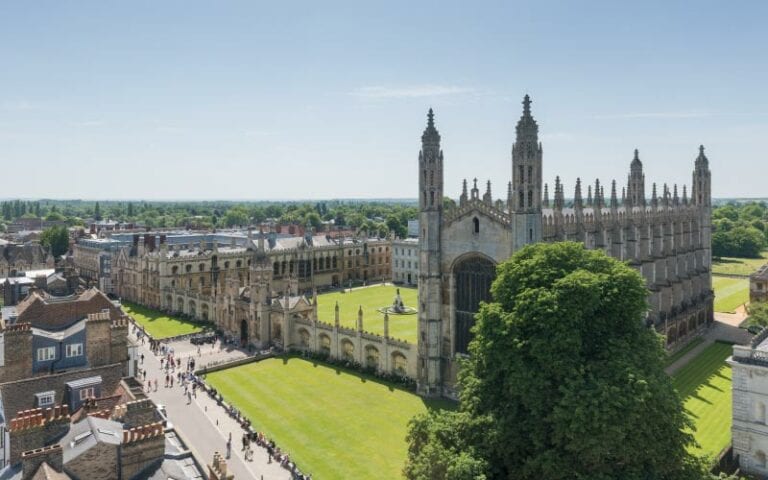
That covers all the crucial information you need for your Oxford or Cambridge application as an American. This guide provides a general overview of each component, so be sure to explore further and discover additional insights in our collection of Oxbridge application guides. Before we conclude, here’s a final piece of advice from Logan:
In contrast, the US's "holistic" admissions process considers everything from volunteer work to art portfolios to biology test scores, regardless of the subject that applicants plan to study. Additionally, the US school system emphasizes breadth, with students often studying a full range of subjects through the end of school, while the UK enables students to specialize more, and earlier. Thus, the challenge for US applicants to UK universities is demonstrating sufficient ability in and passion for a particular area. This can be done through a combination of course, extracurricular, and referee selection, as well as through how applicants present themselves in personal statements and interviews.
Additionally, courses such as PPE and Law, which don't require applicants to have studied the subjects previously, may provide a more level playing-field. Overall, however, the earlier candidates are aware of their interest in UK universities and able to tailor their profiles accordingly, the easier the process is likely to be. ”

We hope you found this guide helpful, and we wish you the best of luck with your application! If you want to discover how we can drastically improve your chances of getting your offer, please visit our Full-Blue Programmes page and discover our truly effective application support.
Triple your chances of Oxbridge Success with support from UniAdmissions
Our Full-Blue Programmes are suitable for anyone who is dedicated to getting their offer at Oxford of Cambridge, no matter where you’re from. Our students have access to everything they need to prepare for each stage of the admissions process.
This includes unlimited one-to-one tuition, hundreds of preparation materials, live courses, unlimited Personal Statement/essay marking and much more. Our support is suited to your needs to ensure you get the most of it.
Discover our Full-Blue Programme by clicking the button below to learn how you can enrol and triple your chances of success.

